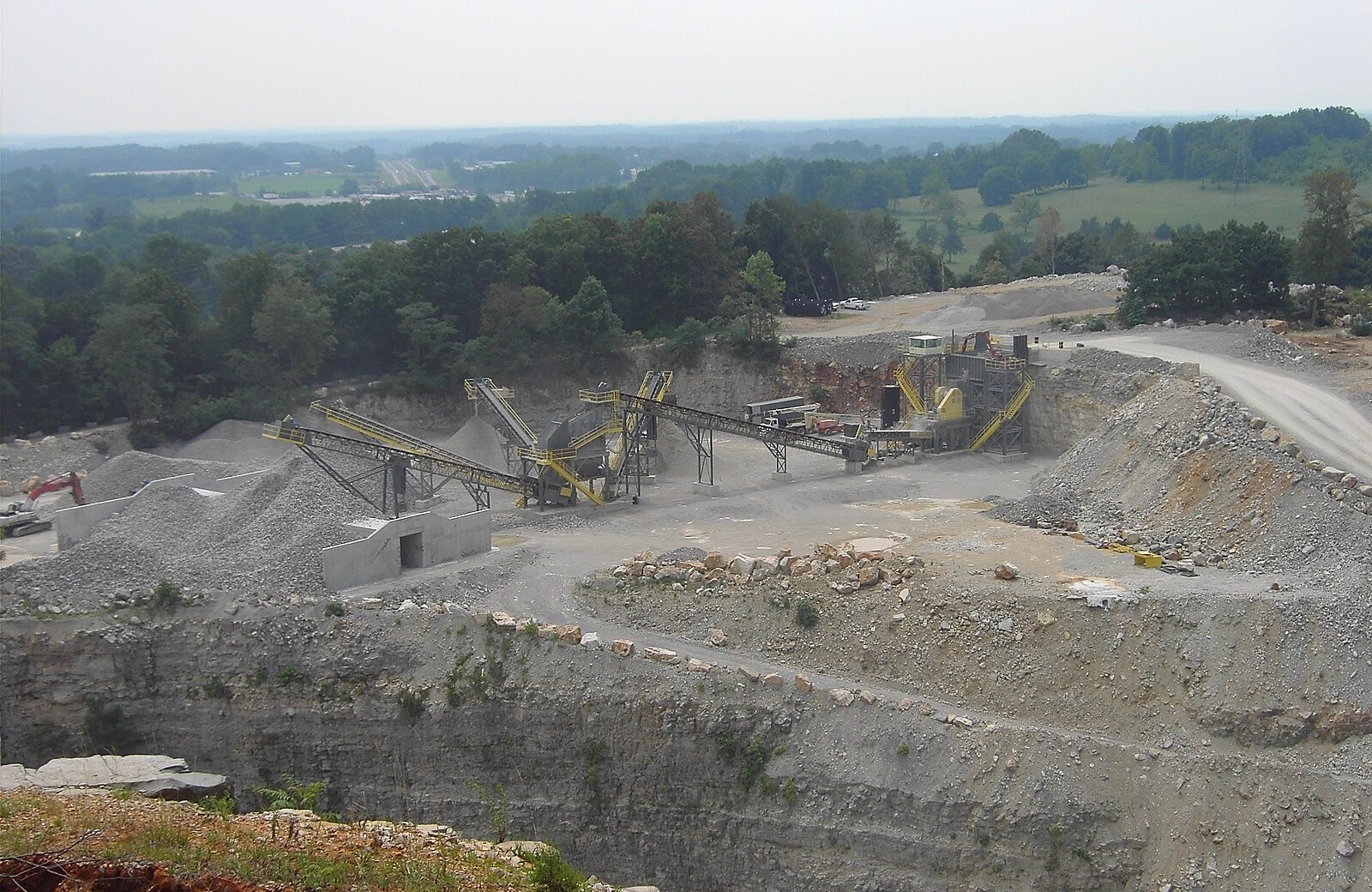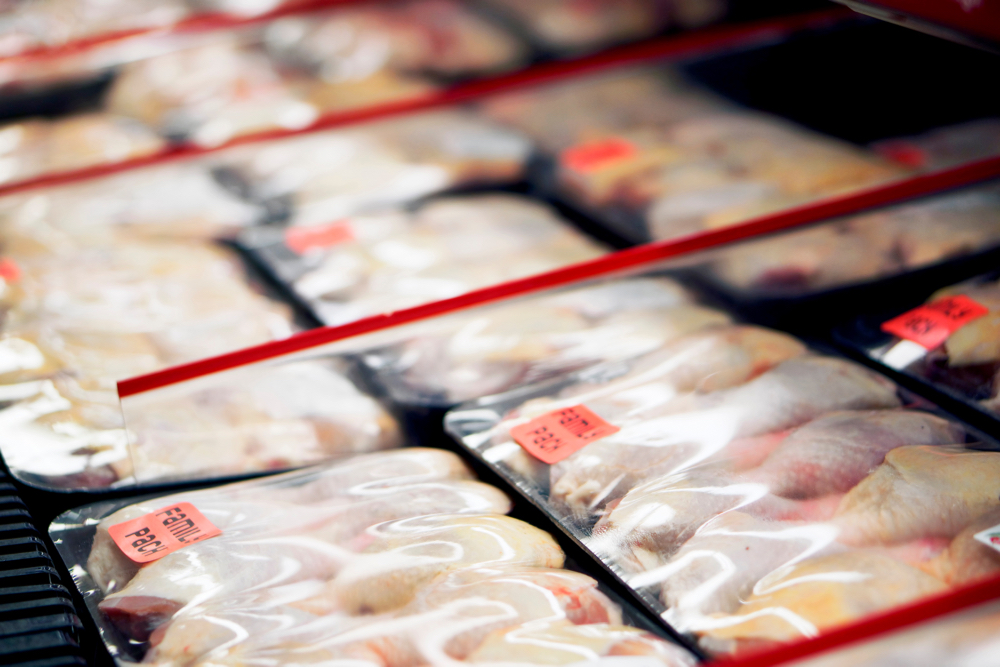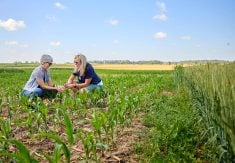Two of Canada’s leading think tanks in agriculture and food policy are working together to try to understand the implications of and lessons from COVID-19’s effects on the Canadian food system.
Why it matters: The COVID-19 crisis has shown some weaknesses in the Canadian agri-food system, although food has remained widely available.
The Arrell Food Institute at the University of Guelph and the Canadian Agri-Food Policy Institute (CAPI), have created the Growing Stronger project, which will solicit opinions from across the food system in Canada and attempt to create recommendations for government and the sector.
Read Also

Melancthon faces a new quarry fight over water, environment and farmland risks
A proposed Strada blast quarry in Melancthon, Ont., sparks regional debate over water protection, farmland sustainability, and Ontario’s aggregate policy.
The study will look at the issue from two perspectives, says Deb Stark, a former deputy minister of agriculture in Ontario, who will co-chair the project with Evan Fraser of the Arrell Food Institute and Don Buckingham of CAPI.
Stark is on the board of directors of CAPI and also the board of governors at the University of Guelph.
“One is food security for Canadians. COVID-19 has shined a light on things that are not new to us, but there are challenges in the system we have,” says Stark.
“The other one is really the production side, the Canadian food and agriculture system. What place does it need to play in Canada and in Canada’s economic recovery?”
Canada’s a food exporting country, says Stark, and that shouldn’t stop.
“We have the natural capacity. We should continue to feed the rest of the world.”
The study leaders plan to capture information in three ways. The first is through a web-based portal through the Arrell Food Institute, where personal stories and insights will be captured. There’s also a plan to put together an advisory committee of players throughout the food system on the food production side, but also food security.
Third, a series of targeted town hall meetings and webinars will be held in the fall. Some expert papers could be commissioned based on the individual insights.
The outcomes will be recommendations and conclusions for the food system, which could be presented at a conference planned by CAPI in May, 2021.
Other groups are welcome to hold their own consultations and send the results to the study organizers.
Stark says she hopes the study can help to grow Canada’s capacity for emergency planning.
The food system faced severe jolts as food service closed down and most food purchasing moved to grocery stores. That showed cracks in the country’s emergency food planning. Food production and processing are essential services and as such have had coronavirus infection challenges.
Stark says input is needed from people across the food system.
“This will only succeed if we really do hear from the people who have been working through this. I appreciate people are still in the trenches fighting fires, but if they can pop their heads up and help capture what they’ve learned to date, it will serve us all well.”
Information can be contributed to the project at: arrellfoodinstitute.ca/growing-stronger.















